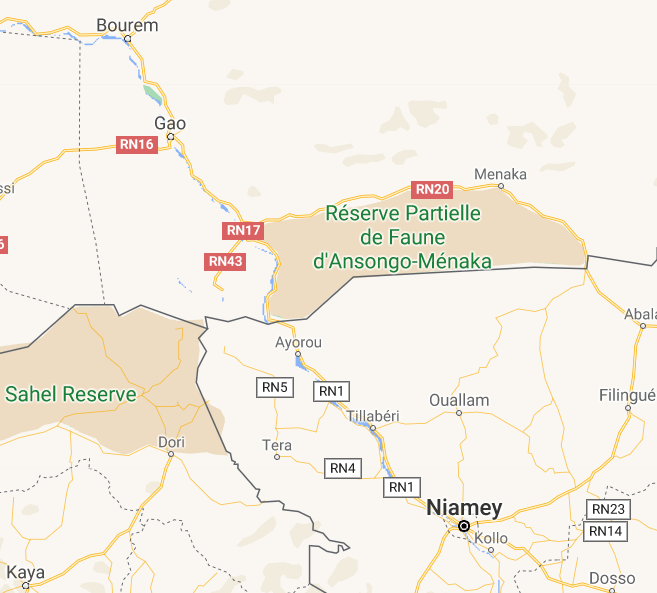Accession card
Description
I was about four and a half years old when my family moved down from the dunes to the shores of Gaaway – the name for the Niger River from Gao to Niamey. The distance itself happened to be very short, but it marked a shift in my life. It was the moment I stopped speaking Tamashek (Tuareg language) and picked up Songhay. Thus I changed landscape, language and worldview. Years later I would be reminded that I used the words for the wild plants of the grazing plains for the riverside crops. For example, I called paddy rice fonio and, even starving, I wouldn’t eat fish for a long time. In the first years of my life spent among the Tuareg nomads, our diet was based not on rice and fish but rather on dairy products and wild cereals: fonio (digitaria, panicum laetum), cram-cram (cenchrus biflorus), takabar etc. Why I didn’t continue to speak my first language is still not clear to me. My father spoke Tamashek like a native Tuareg; that is, without any perceptible ‘foreign’ accent. I remember an anecdote in the late 1980s, when he was crossing the river through rice fields during the harvest season and carrying on a lively conversation with his companion, a Tuareg he picked up on the other bank at Wabaria, where the bridge to Gao stands now. A group of his fellow villagers did not recognize him, so their talk quickly shifted to the passengers in the pirogue passing by. ‘Indeed, the world has changed,’ one exclaimed. ‘There is no better proof: a Tuareg (nomad) is steering a pirogue across the river!’
Code
Credits / copyrights
Title
Medium
- Text



